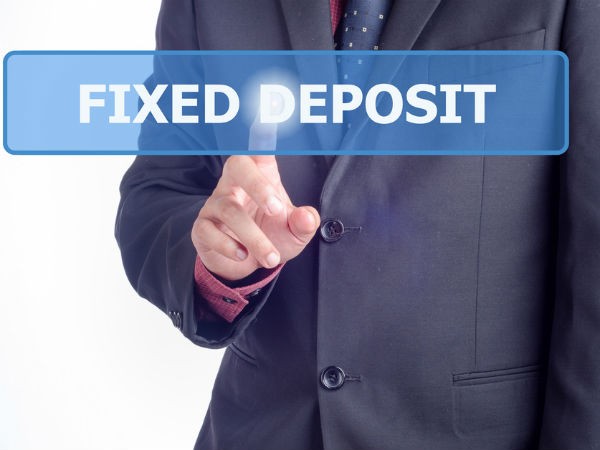Tax Saving FDs: The Reserve Bank of India (RBI) has increased the repo rate six times over the past few years to control inflation. This has raised interest rates on bank fixed deposits. In order to entice investors, some banks are now offering higher interest rates, particularly for tax-saving fixed deposits.
So, what exactly is a fixed deposit that lowers taxes? It is a kind of fixed deposit that not only gives you a fixed return on your investment but also allows you to avoid paying taxes because of Section 80C of the Income Tax Act of 1961. This indicates that you can claim a tax exemption of up to Rs. 10,000 on the amount invested in a tax-saving FD. 1.5 lakh.
The following are the characteristics of a tax-free fixed deposit: You can open an account with a deposit of as little as Rs. 100 to Rs. 1.5 lakh, with a five-year lock-in period. You can choose to pay interest quarterly or monthly, but the interest you earn is taxed. There is no provision for early withdrawal, and there is also the option of opening a joint account.
Let’s now compare the interest rates on tax-saving fixed deposits offered by various banks. SBI Bank has a rate of 6.50 percent, while HDFC Bank, ICICI Bank, Axis Bank, and IndusInd Bank have rates of 7 percent. On a five-year tax-saving fixed deposit, DCB Bank is currently offering the highest interest rate, 7.60 percent.
Before making an investment in any financial product, it is always a good idea to conduct in-depth research. You can choose the interest rate that best meets your investment objectives and financial needs by comparing rates offered by various banks. However, keep in mind that higher returns come with higher risks, so if you want to avoid financial losses, you need to invest wisely.






















